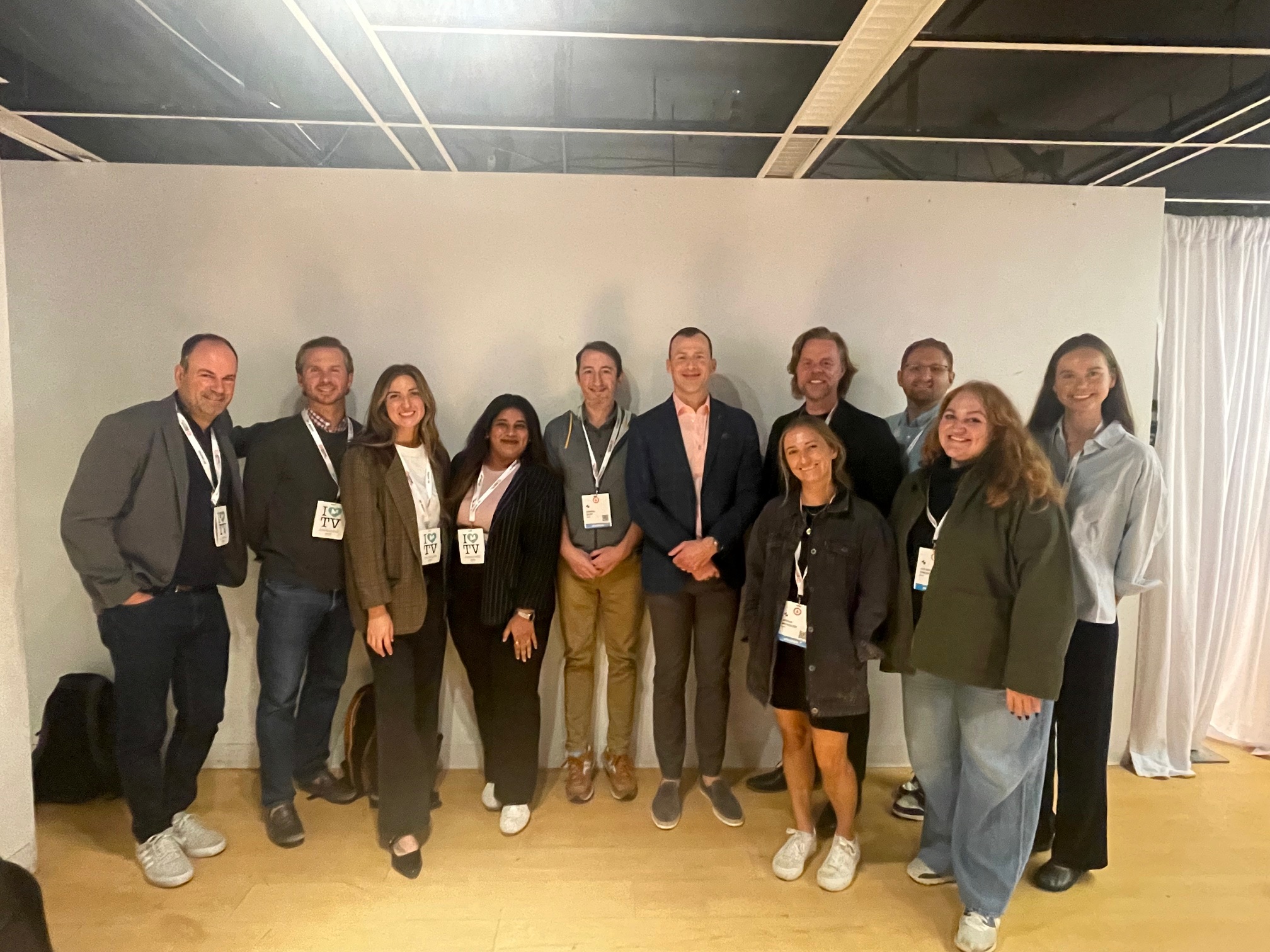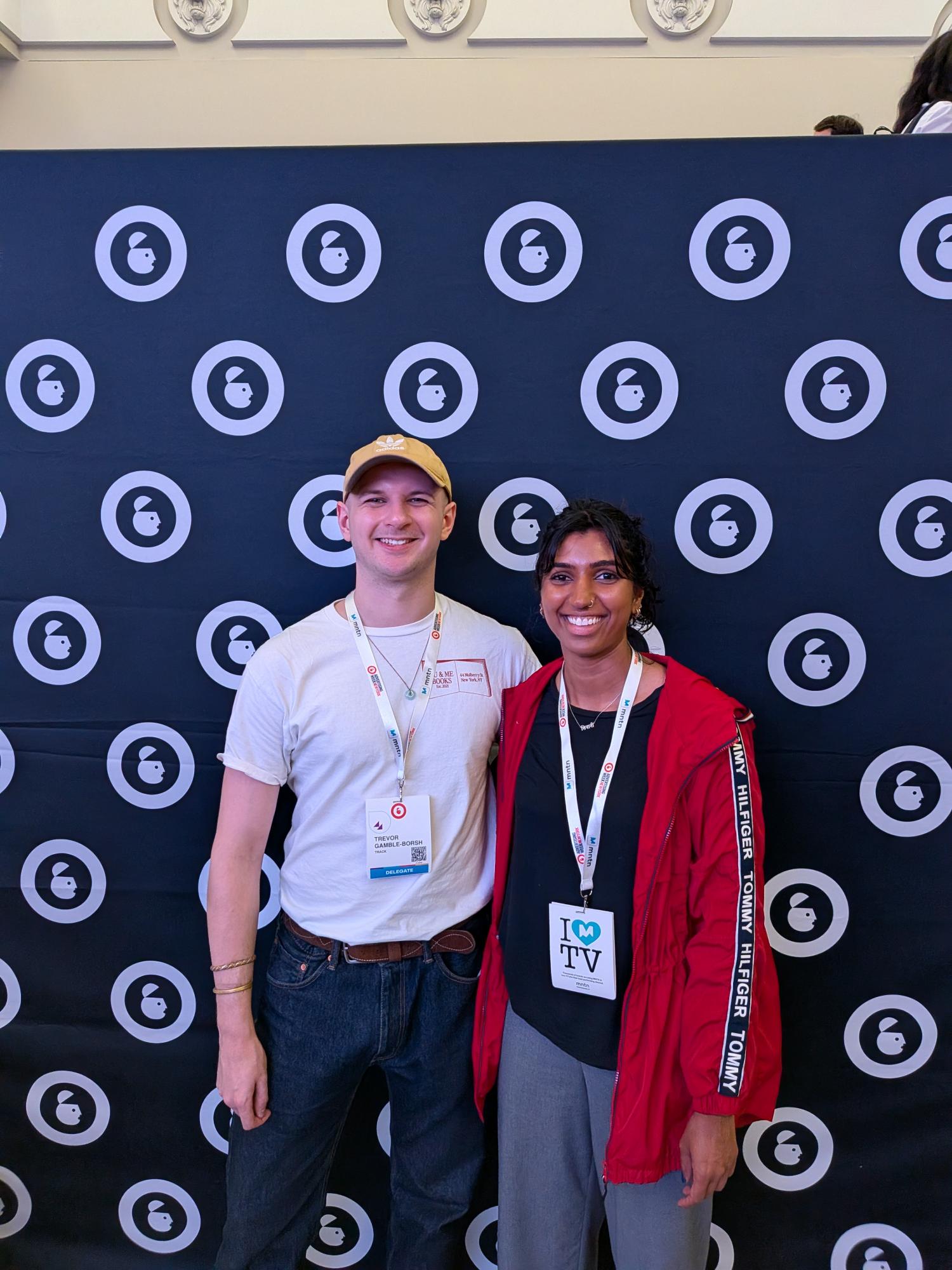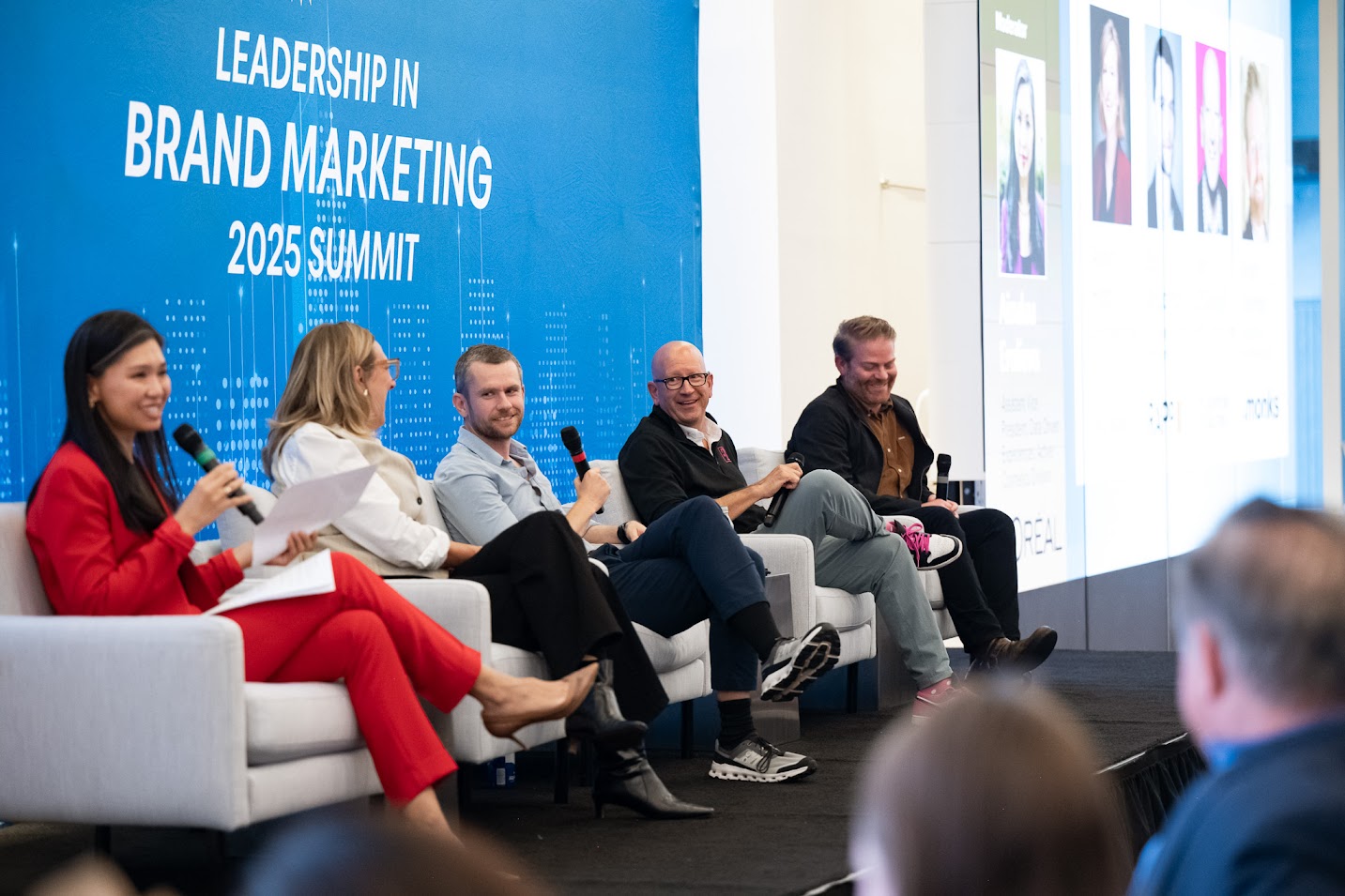October 17, 2025



At Advertising Week New York 2025, the RAPP team immersed themselves in a range of panels, interviews, and sessions to gain insights into the latest trends shaping the marketing industry and one thing was clear — it’s all about creating connected, adaptable strategies that drive real results. From AI’s growing influence to the importance of authentic storytelling, we heard directly from industry leaders and innovators about what’s coming next.
Check out some of our team members’ key takeaways from the week—and how these shifts will shape our approach in the year ahead.
My biggest takeaway is that the marketing landscape is undergoing a fundamental transformation driven by the rapid adoption of artificial intelligence, the evolution of measurement practices, and a renewed emphasis on authentic, culturally resonant creative. AI is democratizing access to powerful marketing tools, enabling brands of all sizes to execute sophisticated campaigns with greater speed and efficiency. However, success now requires more than just technological adoption; it demands a balanced approach that combines automation with human oversight, creativity, and trust. Marketers are moving beyond vanity metrics, focusing instead on real business outcomes and incrementality, while integrating data and measurement across increasingly fragmented channels. To win in this new environment, brands must break down organizational silos, foster agility and collaboration, and deeply understand evolving consumer expectations—especially among Gen Z and Gen Alpha. Ultimately, the brands that will lead are those that unify cutting-edge technology, robust measurement, and genuine storytelling to build lasting, authentic connections with their audiences.
Morgan Murphy, Account Supervisor
I was front row asking questions at sessions with Perplexity’s Head of Publisher Partnerships, as well as being glued to a debrief on the fallout and implications of the Google AdTech Antitrust Remedies trial, and what I walked away from Advertising Week 2025 knowing was simple: The internet is about to get even more weird. With still unproven (and following social media platform performance assessments, likely ineffective) content moderation for LLMs and spin-off search engines, as well as the unpredictable shifts that are only beginning with the open web in light of third party marketplace and leveling advertiser access, verification and first-party communication are only increasing in value as uncertainty permeates not just the web’s content, but its experiential infrastructure.
Trevor Gamble-Borsh, Strategist
One of my favorite sessions was with Deepak Chopra, who reframed AI as a tool for human flourishing, not just automation or efficiency. He spoke about embedding wellbeing into the brand journey to transform consumer relationships from transactional to transformational. Chopra also explored how AI can expand human awareness—serving as a personal confidant, health coach, or research assistant for growth. In today’s fast-paced world, mental and physical health aren’t just personal goals, they’re business imperatives. Brands that prioritize wellbeing build trust, loyalty, and deeper emotional connections.
Jenna Wengler, VP, Marketing
AI is not replacing creativity; it’s amplifying it. The marketers who embrace experimentation, integration, and responsible innovation will define the next decade of brand storytelling. Search is evolving from keywords to context. Marketers now need to think beyond optimization and design for intent, dialogue, and discovery. Equally transformative is how measurement is being redefined. Traditional click-based metrics give way to intent, influence, and engagement, enabling brands to understand why consumers connect, not just when. But real evolution lies in culture. Organizations that succeed with AI will be those that cultivate curiosity, cross-functional collaboration, and a mindset that treats AI as a creative partner, not a replacement. The future belongs to brands willing to experiment, learn, and lead responsibly in this intelligent new era of advertising.
Tanvi Rudrashetty, Experience Analyst, Marketing Sciences.
My biggest takeaway was that AI's role in marketing is to help humans do better work, not replace them—and the key is being transparent about how you use it and keeping customer insights at the center of everything you do. I also learned that the best marketing still comes down to the timeless basics: know your customers/audience well, tell authentic stories, and add real value to their experiences instead of interrupting them.
Eileen Peters, Marketing & Communications Manager
The power of human marketing does not diminish, even as the role of AI continues to grow. The purpose of agencies like ours is not only to amplify a brand’s voice, but to ensure it’s being directed in the right place. As brands increasingly look for ways to push creative boundaries while still achieving measurable growth, it’s up to marketers to move beyond mere optimization—and learn how to inject the “rocket fuel” that unlocks exponential impact. As long as humans remain in the driver’s seat of purchasing decisions, they must also remain at the forefront of the agency world. Marketers must continue to tap into the core themes of trust, loyalty, and empathy to build lasting relationships and strengthen a brand’s permanence in the cultural landscape. Without this human touch, clients risk becoming beholden to “data agents”—platforms and companies that prioritize their own agendas and outcomes. The result is homogenization, where only those who can convey true humanness and differentiation stand out and succeed.
Shivani Bhasme, Experience Strategist
At Advertising Week New York 2025, I had the privilege of moderating a roundtable with a group of accomplished and insightful marketers, exploring the theme of precision in a fragmented world. As our digital landscape becomes increasingly complex, achieving true marketing precision—without overwhelming consumers—demands not only advanced AI tools, but also a deep sense of empathy. Precision is about relevance, not just reach. Managing fragmentation requires orchestration and seamless collaboration across teams, there is a fine line between helpful and overwhelming—consumer feedback is the best compass, trust and transparency are essential in today’s data privacy landscape, technology is an enabler, but the human element remains at the heart of effective personalization.
Ludovic Gougat, CMO North America



